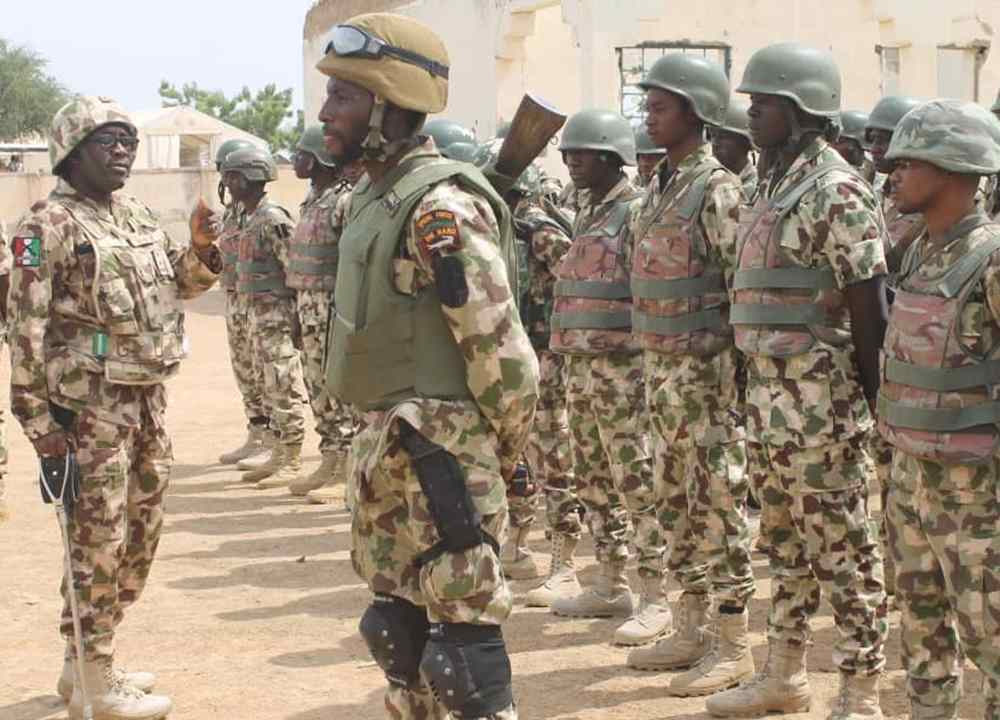Meaning of Military System of Government and Reasons for Military Intervention
Topic Content:
- Definition of Military Rule
- Reasons for Military Intervention in Politics
Military rule is a form of unconstitutional administration of a state by members of the armed forces based on martial law after successfully overthrowing the government of the state through a coup d’état.

A Coup d’état is a forceful takeover of government in a state by members of the armed forces.
It is the duty of the military to defend the country from external attack, maintain the territorial integrity of the state, and suppress insurgencies and insecurity in a state.
Reasons for Military Intervention in Politics:
You are viewing an excerpt of this Topic. Subscribe Now to get Full Access to ALL this Subject's Topics and Quizzes for this Term!
Click on the button "Subscribe Now" below for Full Access!
Subscribe Now
Note: If you have Already Subscribed and you are seeing this message, it means you are logged out. Please Log In using the Login Button Below to Carry on Studying!



Responses